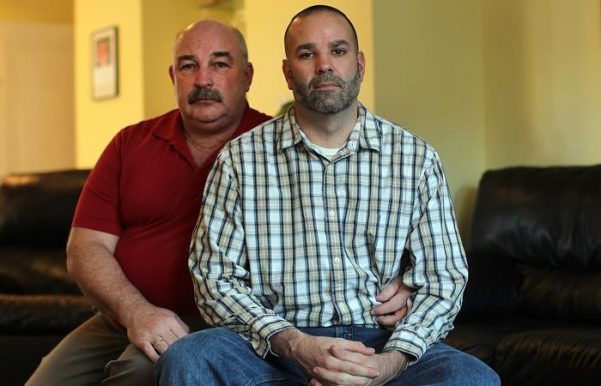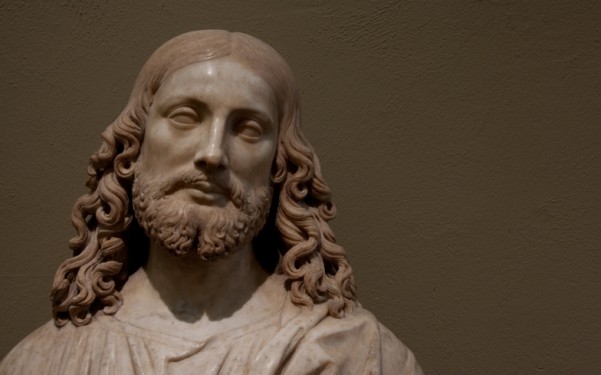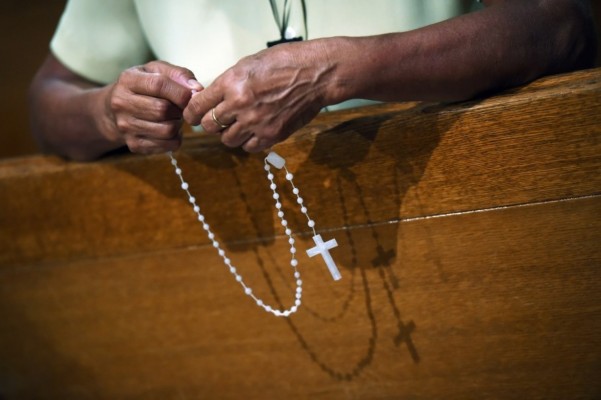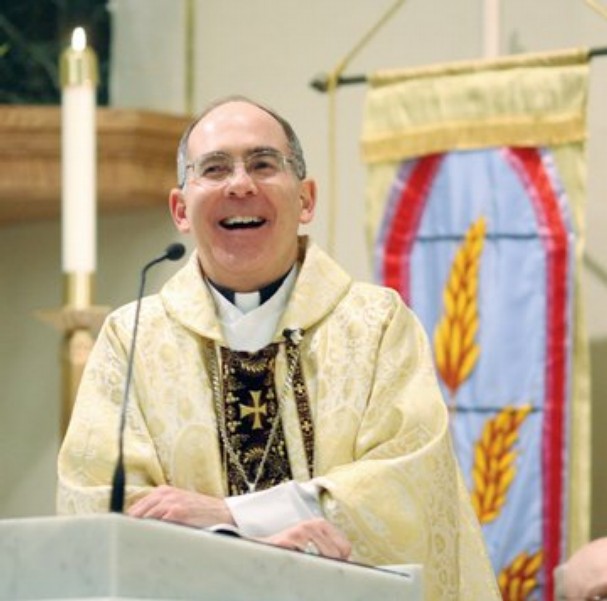By Bimpe Archer
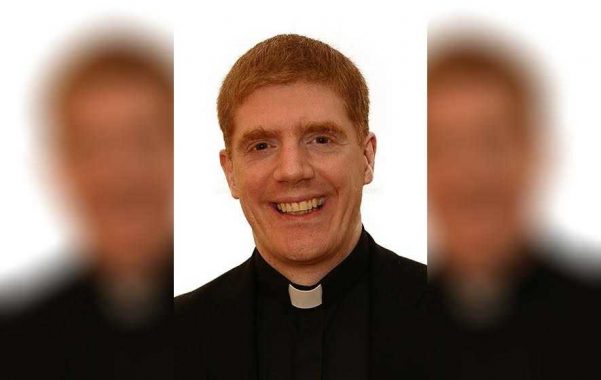
THE main churches have been urged to engage with the LBGT community in a bid to ease the burden of `invisibility’ from the “many, many members” who feel forced to conceal their sexuality.
The call from the Rainbow Project came as parishioners rallied to support a high-profile Co Armagh priest after it emerged that he had taken a leave of absence from clerical duties after posting pictures of himself on a gay dating website.
Fr Rory Coyle, a member of Armagh GAA’s management committee and member of the board of governors of St Malachy’s Primary School and chaplain of St Catherine’s College, Armagh, withdrew from public life in March, when he asked for some time off to reflect on his future.
Among the material the popular priest posted on the website `Grindr’ earlier this year, were naked images of himself and inappropriate comments.
The 35-year-old also made reference to previous sexual activity in posts where he described himself as a `lecturer’.
Fr Coyle has been a curate in Armagh for the last six years and was master of ceremonies during the funeral Mass of Cardinal Cahal Daly.
A number of parishioners took to social media to hit out at the reports explaining the reason for the priest’s absence from his clerical duties.
They expressed support for Fr Coyle on the Irish News Facebook page, for the “absolute gentleman” who they said married them and baptised their children, describing him as “a legend and great craic”.
One parishioner described him as “a lovely man, loved by the parish including those of us who for a long time have believed that the Catholic Church should focus on more important things than people’s sexuality or whether people have babies out of wedlock”.
John O’Doherty of the Rainbow Project said it deals with “clients from all walks of life” who are struggling to come to terms with themselves because they “do not know other people who are LBGT”.
“The biggest issues that still affect people are invisibility and isolation,” he said.
“The invisibility of not knowing other LBGT people in civic society and isolation of not seeing anyone else that looks like you. That can make it hard to understand what it means to have a minority sexuality.”
Mr O’Doherty said while the smaller faiths in Northern Ireland, including humanists, pagans and some of the reformed Presbyterians had been open to engaging with his pressure group and been inclusive of their LBGT members, the main churches had remained aloof.
“People from the LBGT community are of all faiths and none,” he said.
“Everybody needs a support network. Our services are open to absolutely everyone and we do welcome people from all walks of life and all faiths and none.
“From a faith perspective we are happy to engage with all faiths. The main churches, the Church of Ireland, the Catholic Church, the Presbyterians and Free Presbyterians do not engage with us.”
Complete Article HERE!

